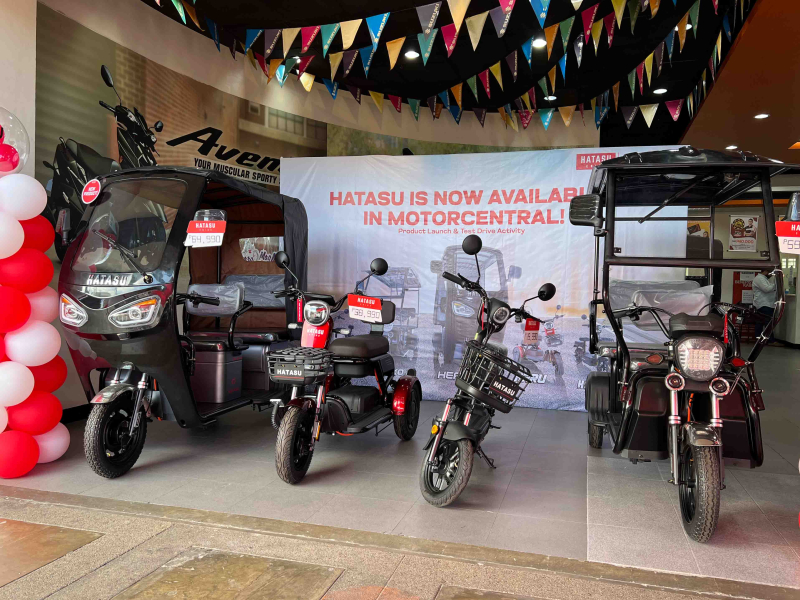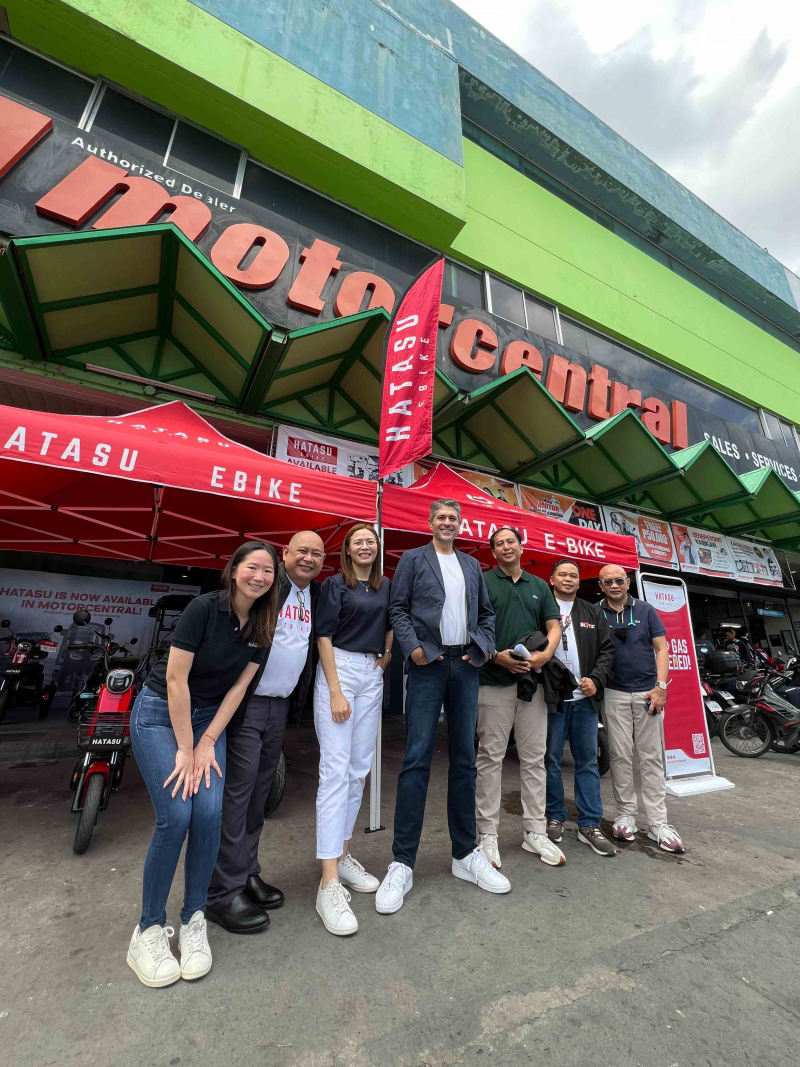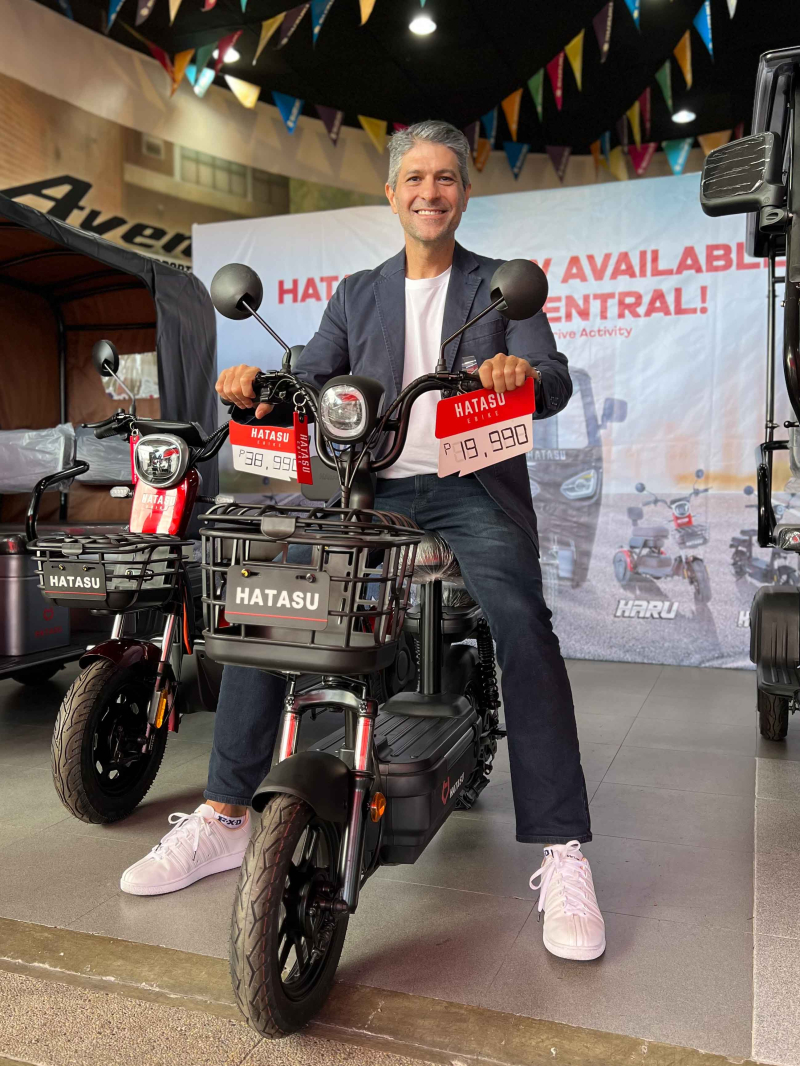I’ve said it many times before and I’ll say it again till I’m blue in the face––one of the biggest threats to our economy and quality of life is traffic and poor public transportation infrastructure. Not only does it affect business owners, but for many employees, the most challenging part of their day happens on the way to work––which leads to decreased productivity and low morale.
This has led to a surge in personal mobility vehicles, or more specifically, a rise in e-bikes and e-trikes. But as Filipinos increasingly search for more sustainable, practical, and cost-effective alternatives for their personal mobility, the importance of regulatory clarity and proper education on their use has never been more critical.
This is one of the biggest reasons I have agreed to support HATASU Philippines, as they share the same advocacy for change, seeking out clear regulations and responsible usage in the Philippine e-bike industry.




